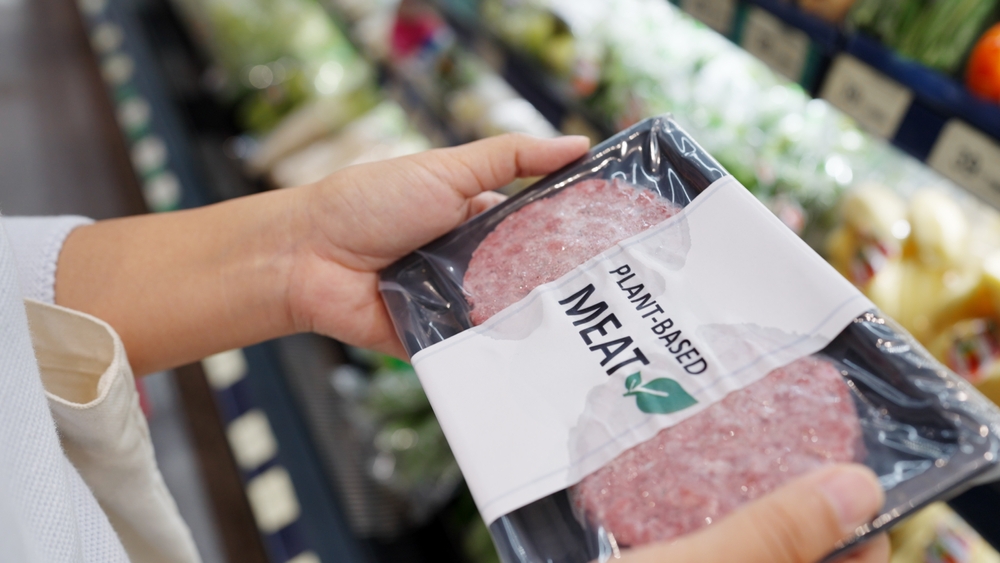Unilever and WUR scientists discovered that, contrary to popular belief, the average nutritional value of soja is not reduced by processing.
Soja is a popular ingredient in plant-based food due to its high protein content and quality. But soya beans in their natural state cannot simply be added to a plant-based meat substitute or, for example, ice cream.
Soya must be processed prior to use, for example, by soaking or heating it. ‘People question the nutritional value, and the protein content in particular, of processed foods’, says Jurriaan Mes, a researcher at Wageningen Food and Biobased Research. ‘But there is no need for concern in the case of soya-based products.’
Major differences
WUR student Lisa van den Berg and colleagues from WUR and Unilever studied various processed soya ingredients that are frequently used in products based on existing literature. The researchers focussed on the so-called digestibility indispensable amino acid scores (DIAAS). The higher the score, the better the product matches the body’s needs in terms of digestibility and amino acid composition. ‘Everything over 75 is considered a good score because this is also the minimum score required for health claims in some countries’, Mes clarifies.
Processed soya, used in the majority of meatless alternatives, is well able to contribute to our body’s protein requirements
Jurriaan Mes, a researcher at Wageningen Food and Biobased Research
Data analysis showed that different protein quality scores between soya groups and some products yielded a score below 75. This applies in particular to processed soya beans, soya protein meal and protein isolates. However, all products combined scored an average of 85, and in some cases, the DIAAS was higher after processing than before.
Majority with high protein quality
According to Mes, the study shows that most soya products have a high protein quality and that processing may either improve or reduce the quality. ‘The demand for meat substitutes is on the rise, but people want nutritious, high-quality food. The study shows that processed soya, which is used in the majority of meatless alternatives, is well able to contribute to our body’s protein requirements.’
Mes states that a study on the final products would be interesting. ‘After all, you eat the entire product and not just, for example, soya meal.’ Moreover, he feels it would be worthwhile studying what happens in the gastrointestinal system during digestion, how much protein is absorbed from a product or meal and how this uptake differs per individual.

 Photo Shutterstock
Photo Shutterstock 

